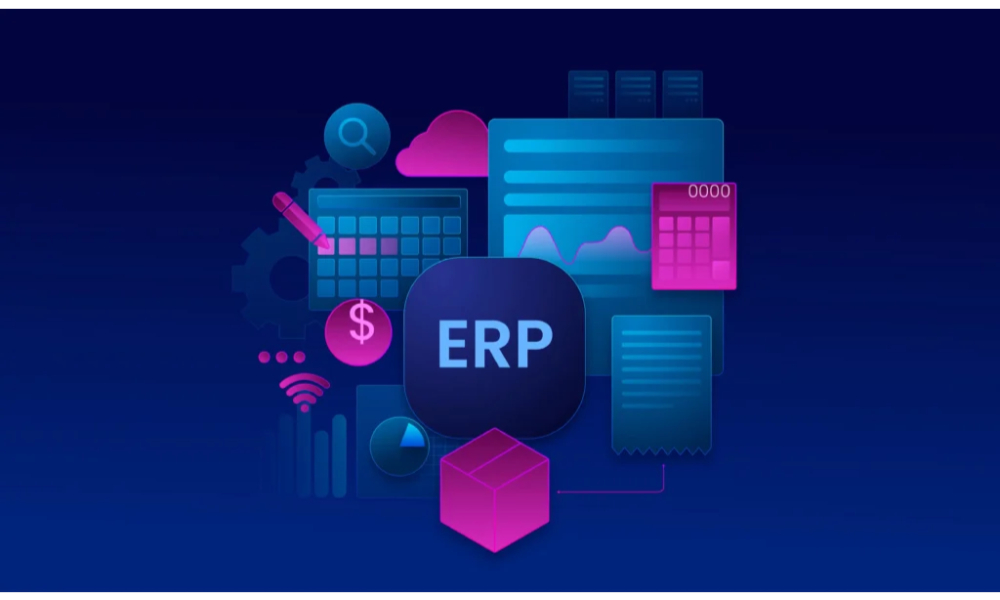In today’s fast-paced business environment, companies are constantly looking for ways to streamline operations, reduce costs, and improve efficiency. One of the most effective solutions for achieving these objectives is implementing an Enterprise Resource Planning (ERP) system. However, successfully deploying an ERP system requires careful planning, coordination, and expertise. This is where ERP project management services play a crucial role, helping businesses achieve their goals efficiently and effectively.
Understanding ERP Project Management Services
ERP project management services involve a structured approach to planning, executing, and monitoring the implementation of ERP software in a business. These services are designed to ensure that all aspects of an ERP project are managed properly, from initial analysis and design to deployment and post-implementation support. By providing guidance and oversight throughout the process, these services help organizations avoid common pitfalls and maximize the benefits of their ERP investment.
Streamlining Business Processes
One of the primary benefits of using ERP project management services is the ability to streamline business processes. ERP systems integrate various functions such as finance, human resources, supply chain, and customer relationship management into a single platform. Proper project management ensures that these integrations are planned and executed smoothly, reducing redundancies and improving overall workflow. This helps businesses operate more efficiently and make better-informed decisions.
Reducing Implementation Risks
Implementing an ERP system can be a complex and challenging process. Many companies face issues such as budget overruns, missed deadlines, and technical problems. ERP project management services help mitigate these risks by providing a structured roadmap, assigning clear responsibilities, and monitoring progress at every stage. With professional management, businesses can identify potential challenges early and address them before they escalate, ensuring a smoother and more predictable implementation.
Enhancing Collaboration and Communication
Successful ERP implementation requires collaboration across multiple departments and teams. ERP project management services facilitate clear communication and coordination between stakeholders, including IT staff, department heads, and external vendors. By maintaining consistent communication and setting clear expectations, these services help align everyone’s efforts toward achieving the project’s objectives. This not only improves teamwork but also ensures that the ERP system meets the specific needs of the business.
Ensuring Timely and Cost-Effective Deployment
Time and budget are critical factors in any ERP project. ERP project management services help businesses stay on schedule and within budget by planning resources effectively and monitoring expenses closely. Project managers track milestones, manage potential delays, and adjust plans as needed to keep the project on track. This disciplined approach reduces unnecessary costs and allows the business to realize the benefits of the ERP system sooner.
Supporting Long-Term Success
The role of ERP project management services does not end with system deployment. Ongoing support and continuous improvement are essential to ensure that the ERP system continues to deliver value over time. Project managers provide guidance for system updates, user training, and performance monitoring, helping businesses adapt to changing requirements and technology advancements. This long-term support ensures that the ERP system remains a powerful tool for achieving strategic business goals.
Driving Business Growth
Ultimately, the main advantage of ERP project management services is their ability to help businesses achieve growth and success. By providing expert planning, risk management, and oversight, these services ensure that the ERP system is implemented efficiently and aligned with business objectives. A well-managed ERP project improves productivity, reduces operational costs, and enhances decision-making, all of which contribute to the company’s overall performance and competitive advantage.
Conclusion
In today’s competitive business landscape, ERP project management services have become an essential component of successful ERP implementation. They provide the expertise, structure, and oversight needed to streamline processes, reduce risks, and ensure timely deployment. By leveraging these services, businesses can fully realize the benefits of their ERP systems, improve operational efficiency, and achieve their long-term goals. Investing in professional ERP project management is not just a step toward technology adoption—it is a strategic decision that drives growth and success.



